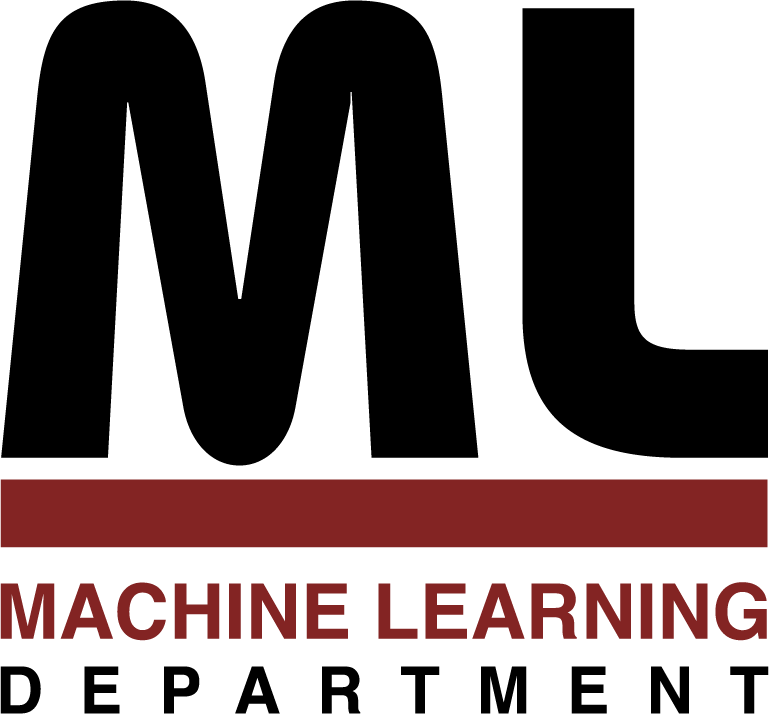
Machine Learning Department
School of Computer Science, Carnegie Mellon University
Discovering Compact and Informative Structures through Data Partitioning
Madalina Fiterau
February 2015
Ph.D. Thesis
We formalize Informative Projection Recovery, the problem of extracting a set of low-dimensional projections of data which jointly form an accurate solution to a given learning task. Our solution to this problem is a regression-based algorithm that identifies informative projections by optimizing over a matrix of point-wise loss estimators. It generalizes to a number of machine learning problems, offering solutions to classification, clustering and regression tasks. Experiments show that our method can discover and leverage low-dimensional structure, yielding accurate and compact models. Our method is particularly useful in applications involving multivariate numeric data in which expert assessment of the results is of the essence. Additionally, we developed an active learning framework which works with the obtained compact models in finding unlabeled data deemed to be worth expert evaluation. For this purpose, we enhance standard active selection criteria using the information encapsulated by the trained model. The advantage of our approach is that the labeling effort is expended mainly on samples which benefit models from the hypothesis class we are considering. Additionally, the domain experts benefit from the availability of informative axis aligned projections at the time of labeling. Experiments show that this results in an improved learning rate over standard selection criteria, both for synthetic data and real-world data from the clinical domain, while the comprehensible view of the data supports the labeling process and helps preempt labeling errors.
121 pages
Tom M. Mitchell, Head, Machine Learning Department
Artur Dubrawski (Chair)
Geoff Gordon
Alex Smola
Andreas Krause (ETH Zürich)
Andrew W. Moore, Dean, School of Computer Science
School of Computer Science